VR for Automotive Engineering & Design Education
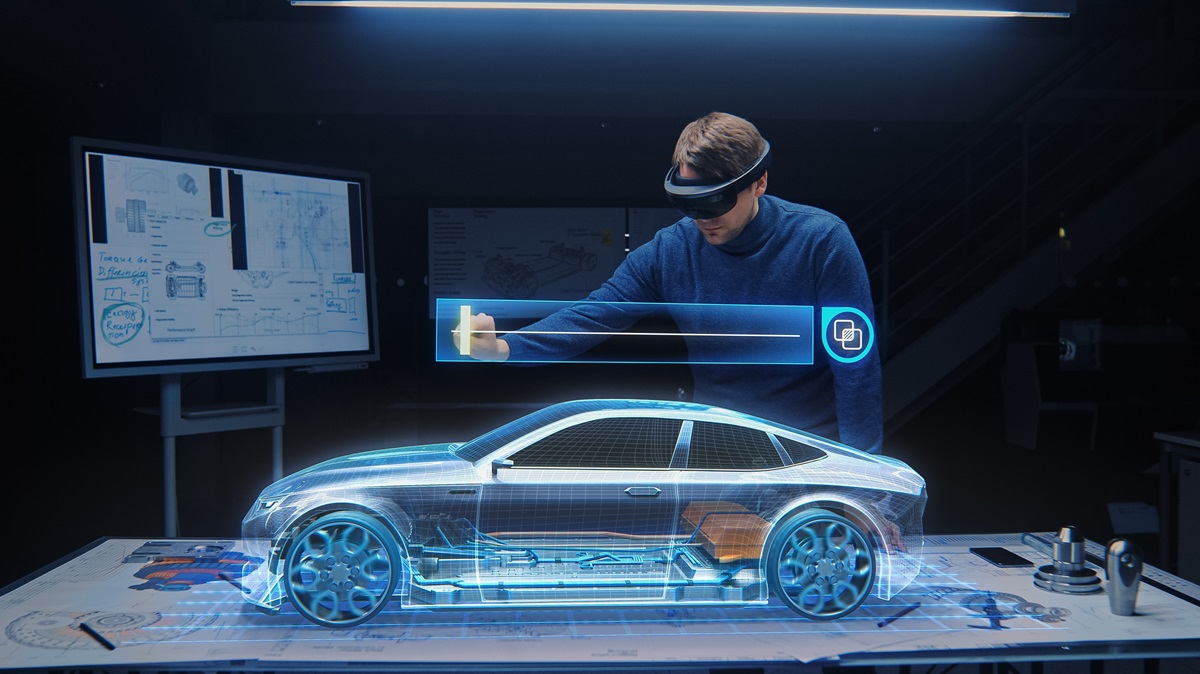
In a world made of engineering marvels, the prospect of contemplating a reality that enhances our lives is both awe-inspiring and challenging.
From awe-inspiring skyscrapers to autonomous self-driving cars, engineers have constantly improved our quality of life with continuous innovation, and the integration of VR in automotive design process is further propelling this evolution.
Leveraging VR engineering has proven to be a transformative tool to ensure work processes are more effective and optimized, and is worthy of a closer look.
Simply put, Virtual Reality is gaining momentum in education for one simple reason: it provides students with a unique opportunity to explore and experience concepts better and faster in a risk-free environment.
How about stepping into a virtual garage for simulated experiments? Regardless of the educational use cases, VR has the potential to transform the conventional way of learning.
That’s why we want to cover how you can use VR for automotive engineering design and how it enhances the education system.
In a study by PwC, it was stated that - with VR - learners are:
4X More Focused - 4x more focused compared to their e-learning companions
275% More Confident - Learners were 275% more confident applying the skills they learned
3.75X More Emotionally Connected - 3.75x more engagement with the content
4x More Focused - 4x more focused compared to their peers
Skip the benefits queue with the best part of VR learning - Emphasizes equity for all walks of life, including special education support.
For example, students with autism benefit from VR environments as it helps them practice social scenarios in a protected and controlled environment.
Benefits of Using Virtual Reality in Education
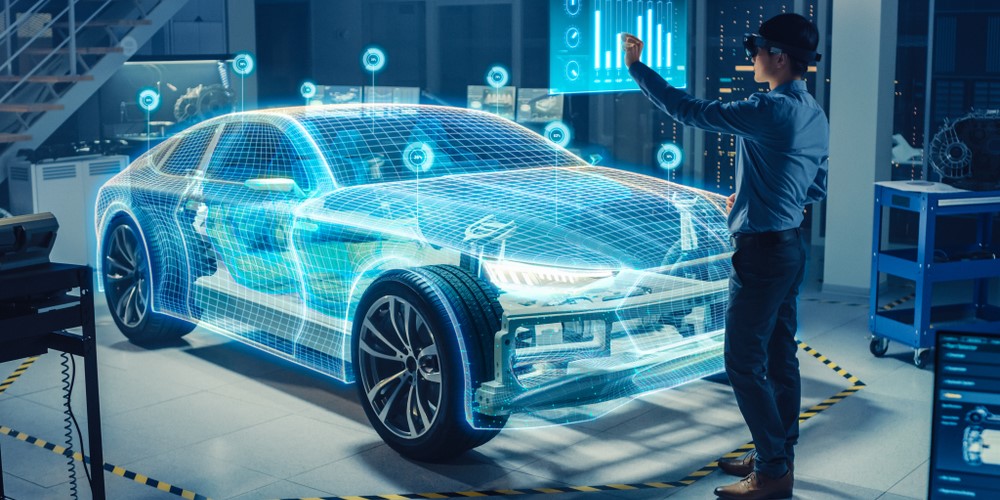 Virtual Reality is powerful because it allows us to learn through experience. Besides, it has revolutionized the complete educational experience by providing a suite of benefits for students and educators alike.
Virtual Reality is powerful because it allows us to learn through experience. Besides, it has revolutionized the complete educational experience by providing a suite of benefits for students and educators alike.
Some of the inevitable benefits are:
☑️ Enhanced Student Engagement
The VR introduction in the classroom has opened untold opportunities for students to experience some specific scenarios and lessons in a more engaging and immersive way, helping them connect and retain the concept.
Precisely, the immersive virtual reality labs help in boosting student engagement and see more participants curious about experiential learning.
Moreover, students get hands-on experience and gain knowledge that is complicated to understand without VR.
This approach offers students a new perspective and real-life experience of the things that they are learning about, especially beneficial for skills that need precision.
In a nutshell, adopting VR for higher education offers a better learning experience by letting them participate in the lesson.
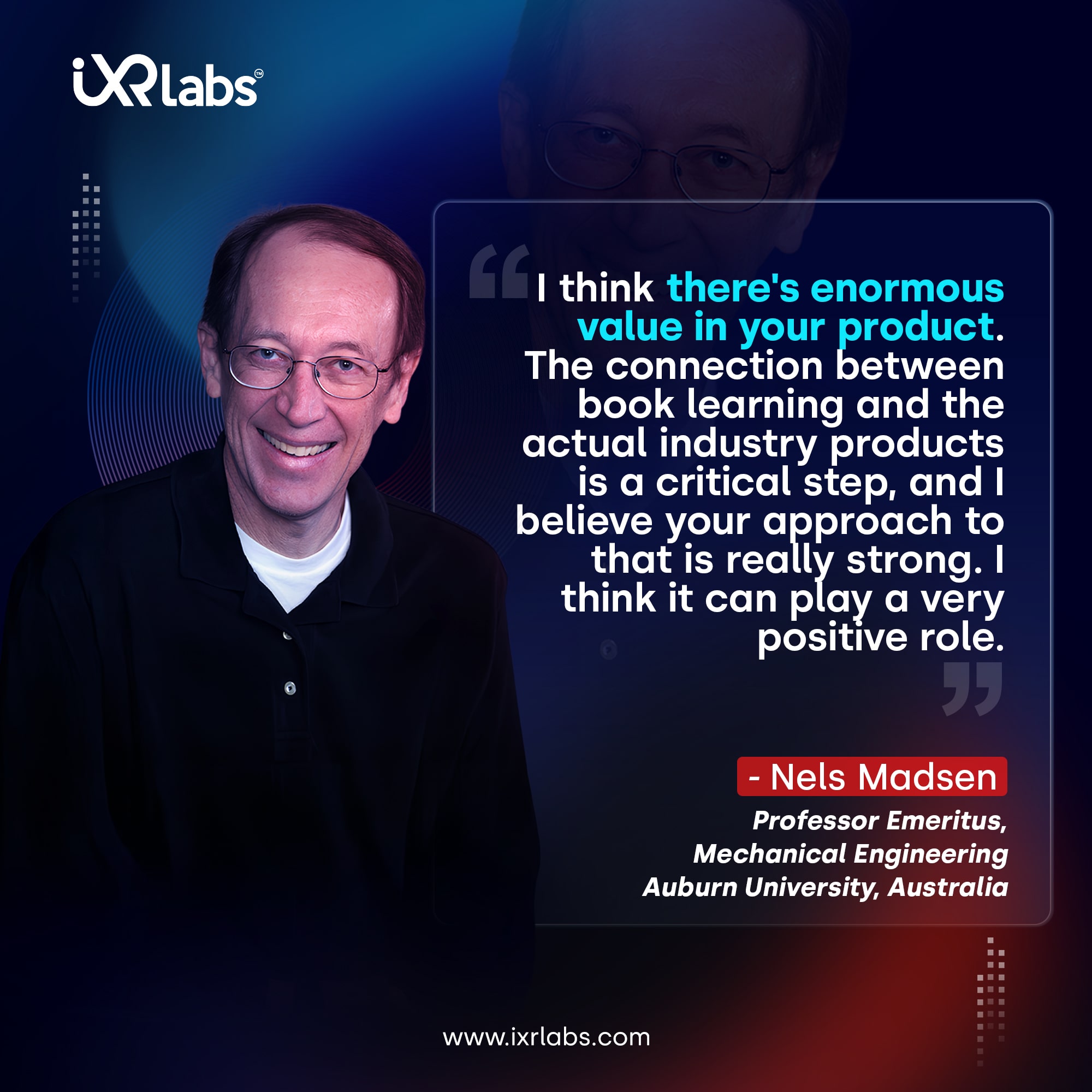
☑️ Safe Experimentation
Virtual Reality in the automotive industry enables students to experiment and discover in a protected and risk-free environment without any potential threats to the physical world.
For instance, VR for automotive engineering design process helps students explore a simulated prototyping session.
Without the need for physical materials, students can iterate designs, modify elements, and instantly witness the impact on the performance.
☑️ Empowering Educators
The unprecedented change from conventional teaching practices to digitalization is a giant leap in the education system.
The revolution of VR has brought an experiential aspect of learning for students as well as educators.
In simple terms, VR has rewritten the educator's role as an empowered facilitators. For example, leveraging VR in mechanical engineering brings contextual and rich discussions with students that further nurture the conversation and thinking process.
Therefore, VR has curated its footsteps in the learning environment with a better approach when compared to traditional methods.
☑️ Access to Diverse Experiences
Some scenarios and experiences are impossible, or just impractical to replicate in real life.
For example, it’s exploring the intricacy of a space shuttle or exploring the technology behind a self-driving car, fortunately, applications of VR in automotive engineering design makes it possible.
☑️ Higher Knowledge Retention
According to research, VR can improve information retention and recall. Because of Virtual Reality interactivity, students learn and experience concepts in a way that is more effective than conventional teaching methods.
If you are curious to explore the potential of VR technology in engineering classes, what crafts the subtle difference with the biggest impact is - it helps retain knowledge.
Experiential learning has been proven to offer higher retention because it lets you immerse in an environment helping students understand the concept for a longer time duration.
This is also beneficial as it lets the students create a clear and comprehensive idea of how this will benefit in the specific scenario when applying for a job.
Simultaneously, it also attracts better placements as strategic roles are offered to students who dwell with a deeper understanding of the respective industry and their work environment.
Reimagine Education with VR for Automotive Engineering Design
In the dynamically evolving landscape of Virtual Reality, finding the right balance between customized precision and ready-to-use convenience is crucial.
Here comes IXR Labs—an immersive revolution that seamlessly integrates off-the-shelf solutions and customized development, providing a comprehensive array of VR applications created for engineering and beyond.
Why Choose IXR Labs?
Trusted and Experienced Development Team - With an impressive legacy spanning nearly three decades, IXR Labs has established itself as a dependable technical partner, earning recognition as a Top B2B Leader in VR/AR development with a global clientele base.
Our dedicated team specializes in crafting sophisticated software solutions, ensuring precision and unlocking the business potential of every immersive product.
Seamlessly Tailored Development for Maximum Immersivenessn - We provide an ideal blend of convenience and customized expertise.
Conclusion
The VR for automotive design marks a significant leap into an era of immersive learning.
Besides, the hands-on experience VR offers not only enhances understanding but bridges the gap between theoretical knowledge and real-world examples.
Get in touch with industry experts who bring your distinctive vision into a vibrant reality and help you be the trailblazer in the education industry.
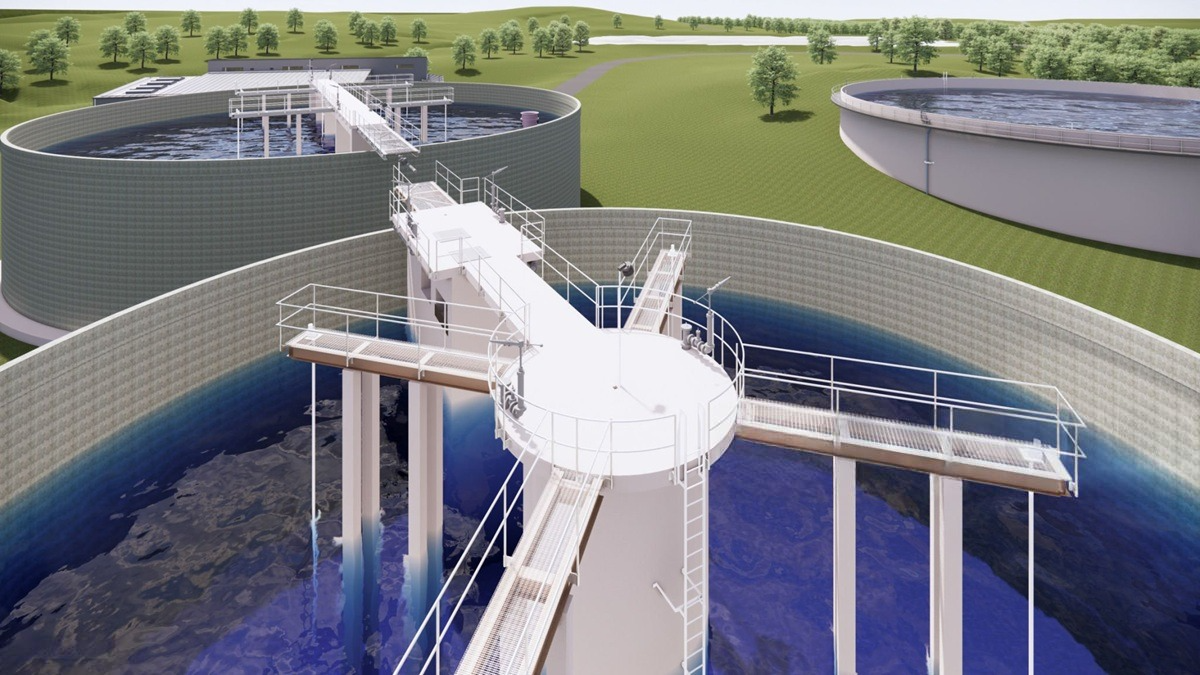
.png)
.png)

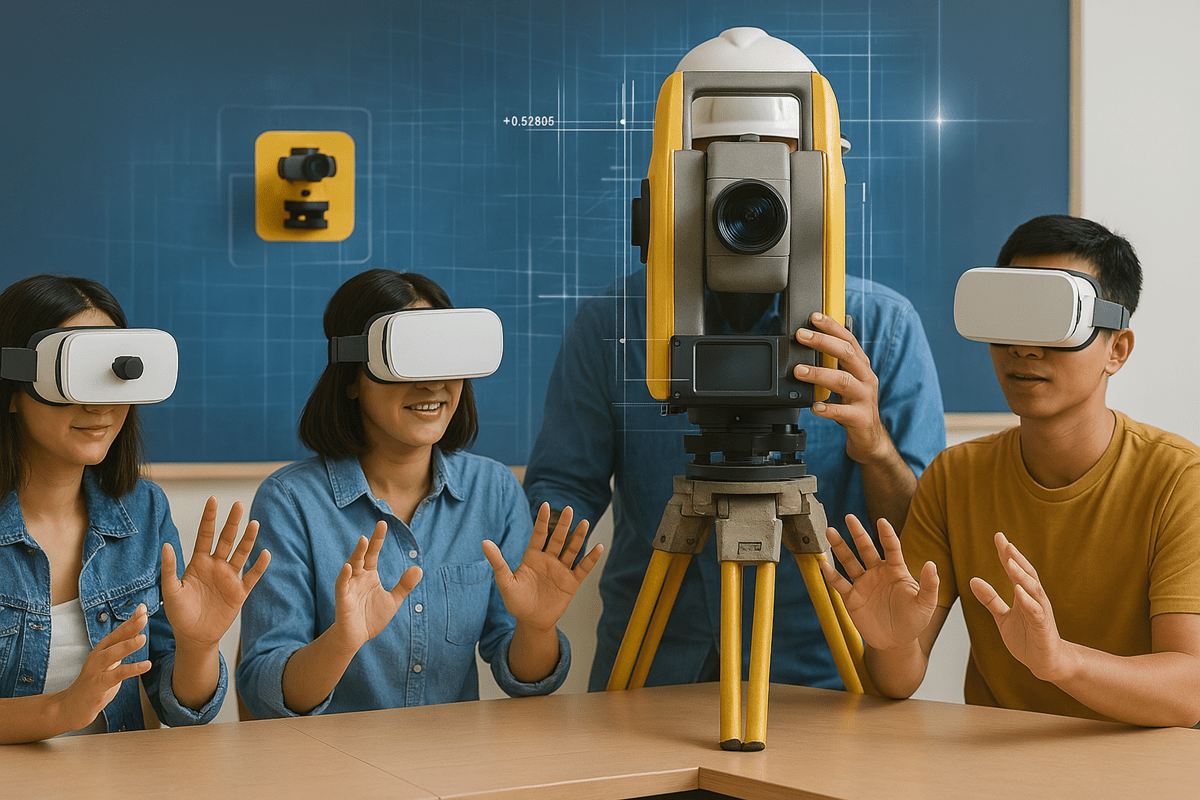
.png)